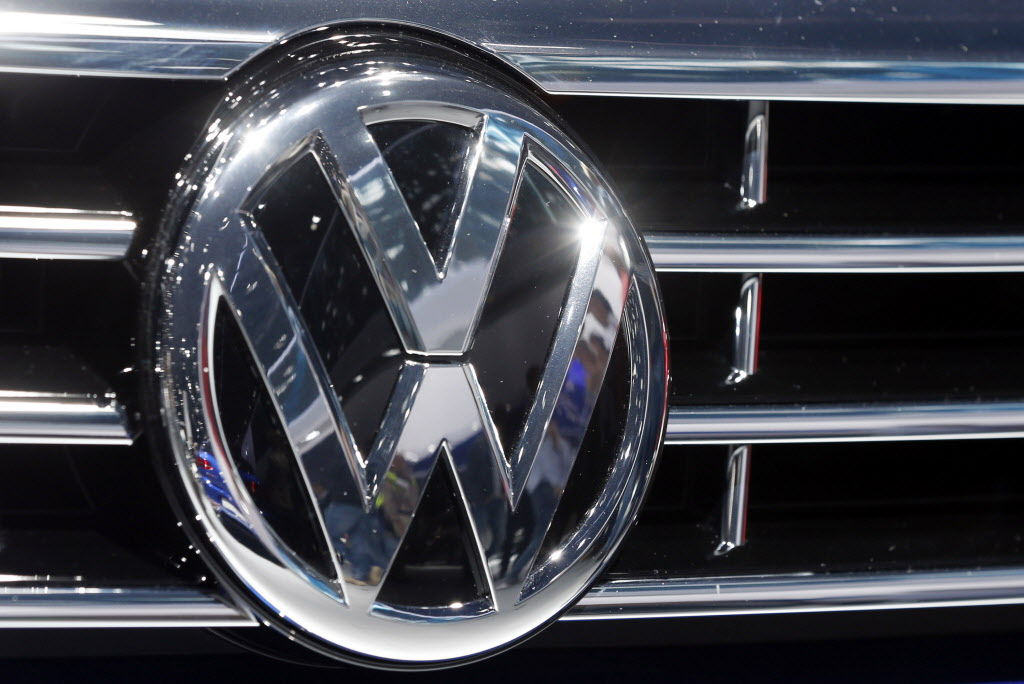PHOENIX — Hoping for a faster — and perhaps more favorable — ruling, attorneys for the state are fighting the desire by Volkswagen to have a lawsuit against the company handled in federal court.
In new legal filings, Assistant Attorney General O.H. Skinner tells U.S. District Court Judge Roslyn Silver that Arizona’s case against the German automaker is different than those filed by other states in the wake of disclosures that the company cheated on its emissions testing.
Most of the other lawsuits are based on Volkswagen violating federal air-quality standards. But Arizona’s claim is that the company defrauded consumers by advertising and selling a low-emission vehicle that it never delivered.
Skinner noted that claim — and the potential $40 million in penalties Arizona seeks — are based on the state’s Consumer Fraud Act. And that, he said, is best handled by a state judge who is familiar with the law and can handle the issue promptly, rather than in federal court where Volkswagen had the case moved after it was filed last month.
“We have the right, because of the state Legislature passing the statute and giving us the enforcement authority to go before those experts and pursue our cases in a timely fashion at the speed that we want and before people who are fully aware,” Skinner told Capitol Media Services. Having the case heard before a federal judge, as Volkswagen wants, would result in having “to waste time and effort teaching a federal court about a statute that they almost never deal with.”
And, where the case is tried could affect the result.
“You’re more likely to have the right outcome when you’re before somebody who has dealt with an act many, many times,” Skinner said.
The case surrounds the sale of vehicles with a special diesel engine that was advertised as having just a fraction of the emissions as similar cars. Buyers paid anywhere from $1,000 to $7,000 more than for comparable vehicles.
But those low emissions were, in many ways, on paper only. VW engineers had programmed each vehicle’s computer to recognize when it was being tested for emissions. At that point, it would go into a low-power mode with sharply reduced pollution.
Once the test was over, the engine returned to full power , where it produced more pollutants, including as much as 40 times the maximum allowable standards of nitrogen oxides.
But Skinner is not suing over those emission violations.
Instead, he has filed suit under the state’s consumer fraud laws on behalf of Arizonans he contends were duped.





